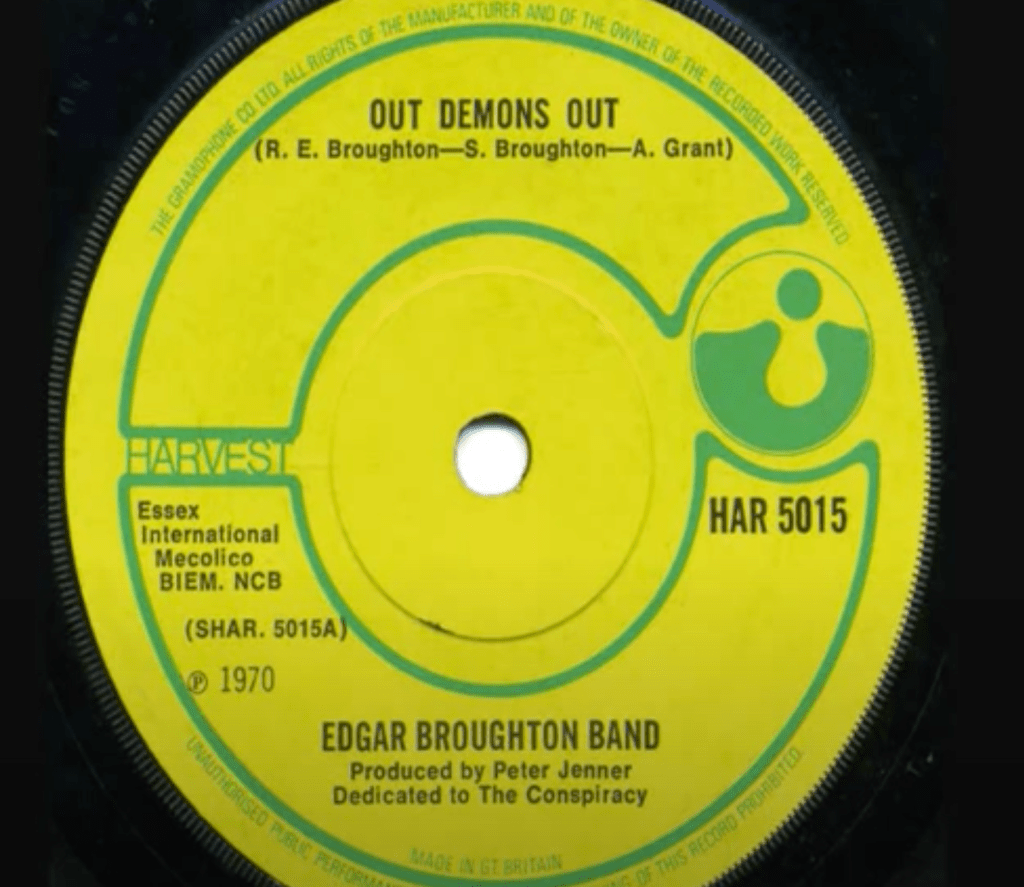Bees make honey for universities too

A number of universities host bee colonies for research and sustainability purposes. One of the happy side benefits of this is that, for those who are fans of the produce, they often also have honey for sale on campus.
But which are the top honey producing universities around the world?
Here are 10 of the best I’ve identified:
10 The University of Plymouth has its own apiary on campus, made up of two bee hives managed by dedicated volunteers:
The hives are home to native black honey bees, whose population has previously come near extinction, but which are better adapted to UK climate than the Southern European honeybee species used by many beekeepers.
9 The University of Georgia‘s Bee Program features teaching, research and outreach activity, including an intensive course for Master Beekeepers and the Georgia Prison Beekeeping program.
8 Loughborough University‘s apiary is managed by its Estates Team and forms part of the university’s biodiversity action plan. You can also buy the honey produced which they call Loughborough Gold.

7 The University of Sussex hosts the Laboratory of Apiculture and Social Insects (LASI) which undertakes research into bees and other beasts. Whilst they do not seem to sell honey they do offer plenty of advice to budding bee-keepers, including these wise words:
If you are interested in keeping bees, the best advice is not to rush out and buy a bee hive and all the equipment, but to stop and think carefully. Beekeeping is an enjoyable hobby, but does require a certain commitment. In order to avoid annoying your neighbours it is important that your bees do not swarm, and this requires the beekeeper to look inside his or her hives roughly every seven to ten days during the active season from May to August. This requires a definite commitment of time.
6 Ohio State University has a Bee Lab which undertakes teaching, research and outreach but also publishes advice for beekeepers
5 The University of Nottingham has around 70 bee colonies on and produces two main varieties of honey for sale, with the proceeds supporting environmental initiatives.

4 Michigan State University runs the Michigan Pollinator Initiative which includes research and teaching activities and lots of other ways to ‘Help the Bees’. They also offer an online course to help anyone become a Pollinator Champion:
Pollinator Champions is a free, self-paced online course offered by Michigan State University. The course is packed full of videos, articles, and fun activities to guide you through the amazing world of pollinators and pollination. Click the button below to register for Pollinator Champions.
3 Oregon State University has a Honeybee Lab which
maintains about 100 honeybee colonies distributed among four different research locations around Corvallis. The colonies are used for researching honeybee health and nutrition, and some are kept for beekeeping education, such as for the Oregon Master Beekeeper Program or classes at OSU.
You can also buy the honey produced.

Remarkably it appears to be collected by beavers.

2 Canada’s University of Guelph has a big Honey Bee Research Centre and sells a range of different kinds of honey together with related products from candles to lip balm.
1 Washington State University has a big bee research programme and international collaborations too:
The WSU Bee Program is actively researching some of the most pressing issues facing bees today. We study bee health and nutrition, parasites and diseases, mating and reproductive systems, beekeeping management practices, and more to help ensure a bright future for bees and beekeepers.
They also have a queen bee breeding programme. And you can buy a WSU Bee Program T-shirt too. They really have caught the buzz at WSU.

Bee too
There are lots of other bee- and honey-related resources in universities but one in particular caught my eye – this group of University of Hull students developed a long-term plan to produce and maintain a sustainable source of local honey by working with disadvantaged communities to build a hive network across the Hull and the East Riding. The honey produced was also offered for sale in the SU shop.

(With thanks to @Lewisgdean for the idea for this one.)





Leave a comment